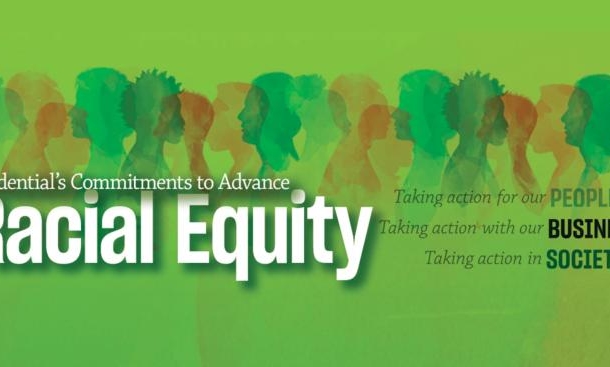Here is a great read from Ben Hecht about moving beyond diversity. The lines that stood out for me are: ““…it’s clear that the suite of diversity and inclusion tools and practices that went mainstream in the ‘90s are grossly insufficient for racial equity work. Instead of driving fundamental changes in organizations, they largely focus on “velcro-ing” new guidelines, practices, or programs onto the existing structures and culture of the workplace in an attempt to help employees of color better “fit in” and succeed.”
From what I have learnt so far in the field of DEI, achieving racial equity requires addressing the systemic and structural inequalities that have resulted in the unequal distribution of resources and opportunities for different racial groups. Some ways to achieve racial equity include:
- Recognising and acknowledging the existence of structural racism: This includes understanding the historical and current ways in which policies and practices have disproportionately impacted communities of colour.
- Identifying and addressing disparities: Identify the specific areas where disparities exist, such as in education, employment, housing, and healthcare. Develop and implement policies and practices to address these disparities.
- Promoting diversity, inclusion, and cultural competency: Encourage diversity and inclusion in all aspects of society, including in the workplace, education, and government. Provide cultural competency training to all employees, particularly those who work in positions of power.
- Investing in communities of colour: Invest in and support programs and initiatives that benefit communities of colour, such as education, workforce development, and affordable housing.
- Engaging with and empowering communities of colour: Involve and engage community members in decision-making processes that affect them, and provide them with the tools and resources they need to advocate for themselves and their communities.
- Holding institutions accountable: Hold institutions accountable for addressing and preventing discrimination, particularly in areas of housing, education, and employment.
- Changing culture, norms, and stereotypes: Changing culture, norms, and stereotypes that perpetuate racial inequality, through education, media, and art.
It’s important to note that achieving racial equity is a complex and ongoing process that requires the commitment and collaboration of individuals, organisations, and institutions at all levels of society.
 Harvard Business Review
Harvard Business Review 



Comments
drover sointeru
I’ve been browsing on-line more than three hours nowadays, yet I never discovered any interesting article like yours. It’s lovely value enough for me. In my opinion, if all website owners and bloggers made just right content material as you did, the net might be a lot more useful than ever before.